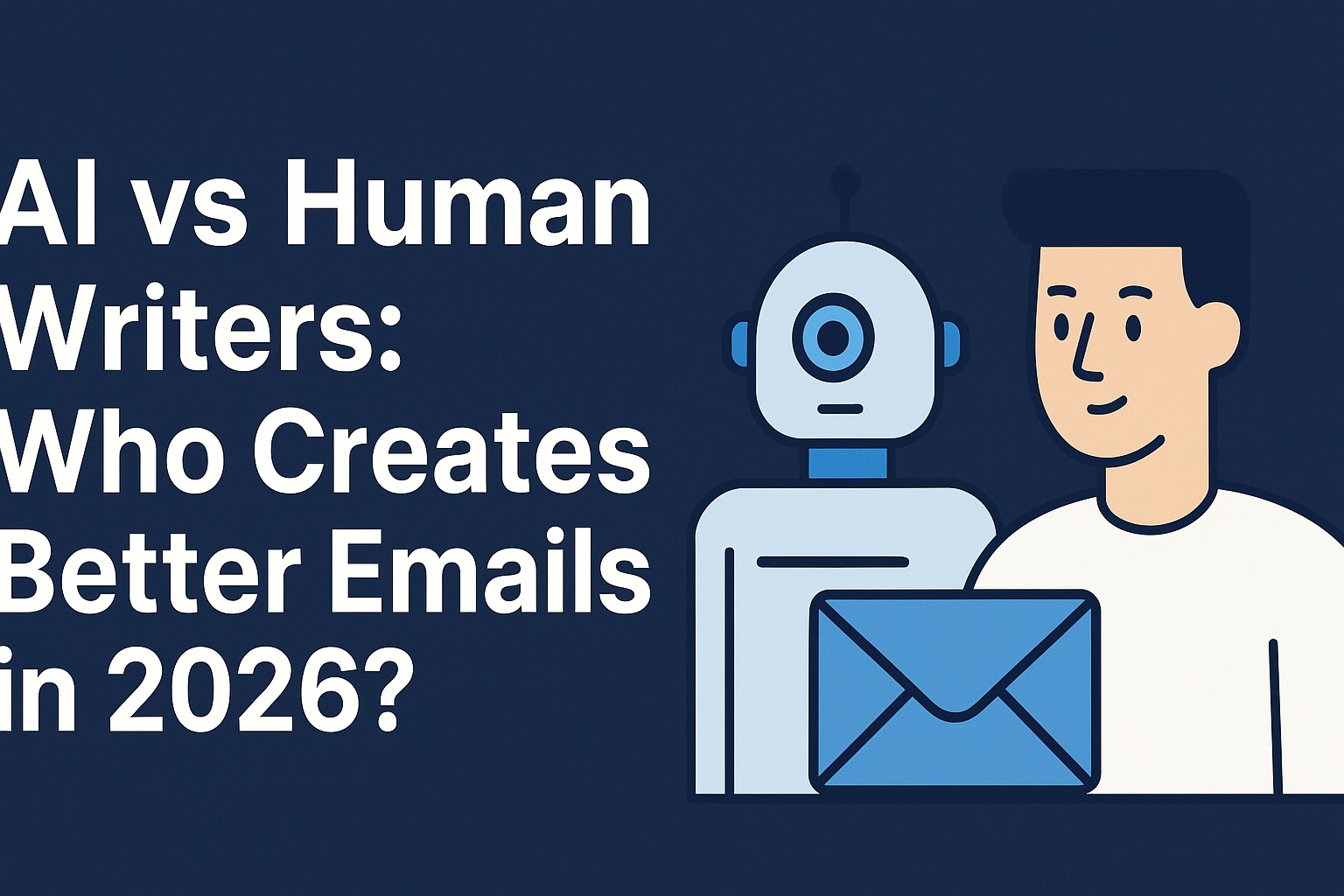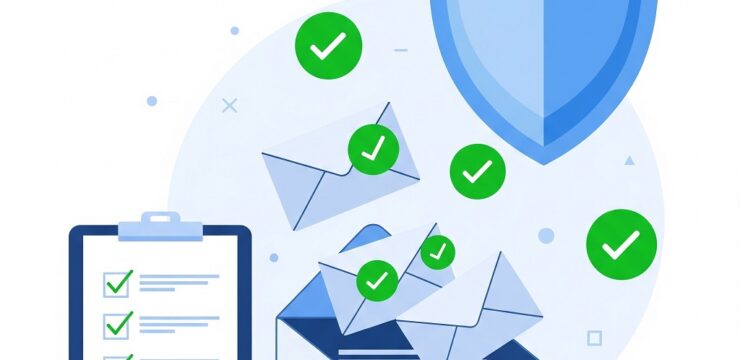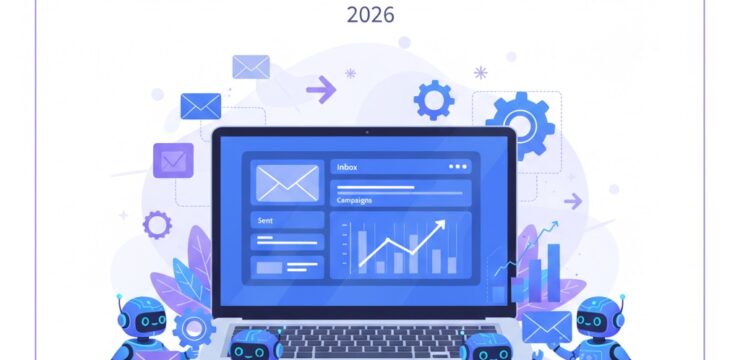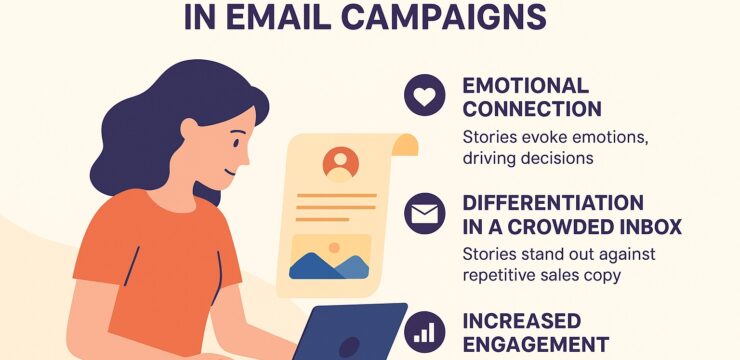
AI vs Human Writers has become one of the biggest debates in digital marketing, especially when it comes to email campaigns. With AI tools now capable of crafting subject lines, personalization, and even storytelling, many wonder—can machines truly replace the human touch?
The Rise of AI in Email Writing
By 2026, AI email assistants are more advanced than ever. They analyze user behavior, adapt tone based on audience preferences, and generate content in seconds. For businesses, this means higher productivity, faster testing, and the ability to send hyper-personalized emails at scale. AI shines in areas like data-driven optimization, A/B testing, and automated campaign flows.
The Strength of Human Writers
While AI is efficient, human writers bring creativity, empathy, and cultural context that algorithms struggle to replicate. Humans excel at storytelling, emotional resonance, and nuanced communication. A clever metaphor or a heartfelt story can capture attention in ways AI often misses. For brands that rely on strong emotional connections, human writers still play a vital role.
AI + Human Collaboration
The real answer may not be choosing one over the other. Instead, the future of email marketing lies in AI-human collaboration. AI can handle repetitive tasks, analyze data, and generate drafts, while humans refine the message, add creativity, and ensure alignment with brand voice. This partnership creates the perfect balance of efficiency and authenticity.
Which Should You Choose?
If your brand needs high-volume campaigns with data-driven personalization, AI is an excellent choice. If your strategy depends on emotional connection and storytelling, human writers are essential. Most businesses in 2026 are finding success by combining both—letting AI handle the groundwork while humans bring the final touch.
Conclusion
The debate of AI vs Human Writers is less about competition and more about collaboration. By leveraging both, businesses can maximize efficiency without losing authenticity. The future of email marketing will be shaped by how well brands strike this balance.





